detail profile lin zhen
Peran Yang Di Mainkan Lin Zhen
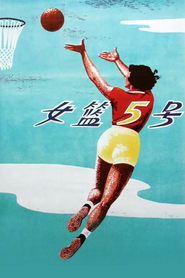 Tian Zhenhua arrives in Shanghai to...
Tian Zhenhua arrives in Shanghai to...Woman Basketball Player No. 5 1957
Tian Zhenhua arrives in Shanghai to coach a local women's basketball team. Number 5 on the team, Xiaoje, excels at basketball but is unsure of whether to continue playing. As Tian gets to grips with training Xiaoje and the rest of the team, he reflects on his career as a star basketball player before the revolution.
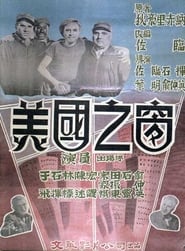 A New York City businessman meets...
A New York City businessman meets...Window to America 1952
A New York City businessman meets a window washer hoping to commit suicide and decides to market his grief to the highest bidder in this acidic satire on American capitalism, one made even more memorable by the fact that the entire “American” cast are Chinese actors in whiteface. The greedy Mr. Butler (Shi Hui) convinces the suicidal “Charley” that he might as well endorse some cigarettes as he jumps out of his office window, and maybe wear a particular suit too. A true cinematic oddity, this Korean War–era propaganda piece is a satire that Frank Tashlin could envy.
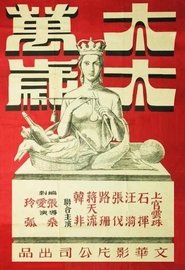 A man who becomes wealthy starts...
A man who becomes wealthy starts...Long Live the Mistress! 1947
A man who becomes wealthy starts to have an affair and though his wife knows of it, she says nothing. Soon, the affair starts to have consequences and his business falls apart while the man’s sister starts to have a relationship with the brother of his wife.
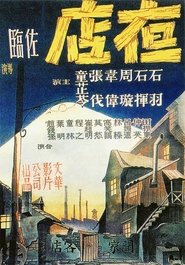 Night Inn Chinese pinyin Y Din...
Night Inn Chinese pinyin Y Din...Night Inn 1947
Night Inn (Chinese: 夜店; pinyin: Yè Diǎn) is a Chinese black-and-white film released in 1947, directed by Huang Zuolin and starring the popular Shanghai singer Zhou Xuan. The film is based on the Chinese theatrical adaptation of Maxim Gorky's The Lower Depths by playwright Ke Ling. The play and the film were both banned in China during the Cultural Revolution but were popular in the post-Mao period.

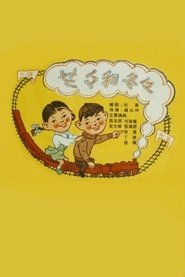
 Fifty years of modern Chinese history 19001950...
Fifty years of modern Chinese history 19001950...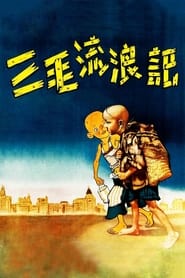 San mao 3 hairs was a very...
San mao 3 hairs was a very...